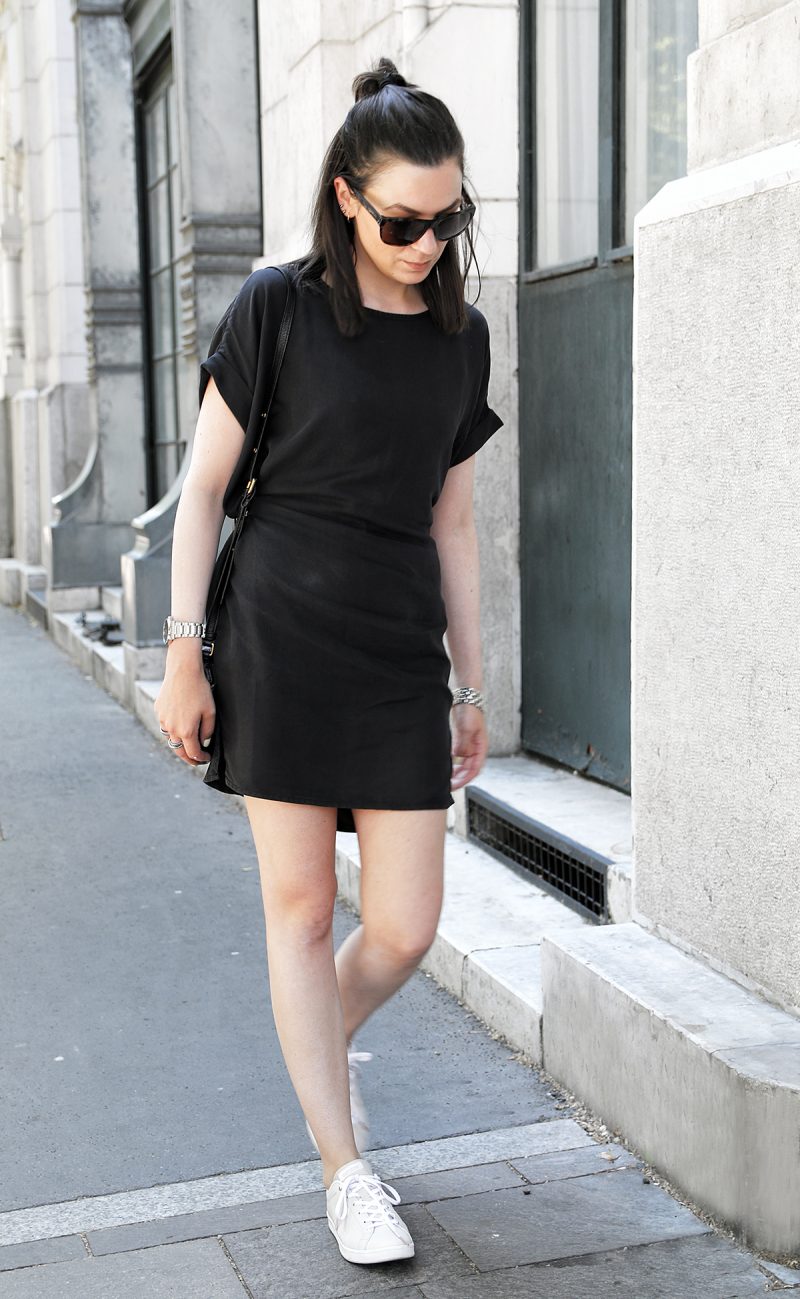
While minimalism might not be the lifestyle choice for everyone, I’m pretty sure it offers some advice that all of us would benefit from.
Redefining our relationship with objects and changing our shopping habits for the better would probably be at the top of that list.
Because most of us shop a lot. Probably too much. We shop to follow the latest trends. To keep up with friends or random Instagram stars. To look better.
We shop because we feel happy and want to reward ourselves. Or because we feel down and need some “retail therapy”. Or just because we don’t have anything better to do on a Saturday afternoon.
And honestly, we often buy stuff we don’t really need, use, or enjoy. Anyone who has ever regretted buying something knows this.
I feel like I became a much smarter, mindful shopper in recent years. I rarely buy random, unplanned things. I do a research. Often, I consider buying something, but a small voice just suddenly tells me no – I have similar things already or I might not use it that much. And that lingering doubt just seals the fate.
As a result, I actually use and enjoy the stuff I own.
I do have problematic areas though. I find it very hard for example to resist beauty shopping. I read some reviews and feel that I simply cannot function without that specific item. I’m suddenly convinced it’ll be the one thing that will make my skin look like a 3 months-old baby’s. It’s crazy of course. But at least I’m now aware of my triggers and the psychological reasons behind my beauty shopping addiction and I’m able to manage it.
Try to be truthful with yourself and find your own triggers and personal ways to overcome them. I hope these tips can help.
Because we don’t live to consume. We consume to live. And that’s a huge difference.
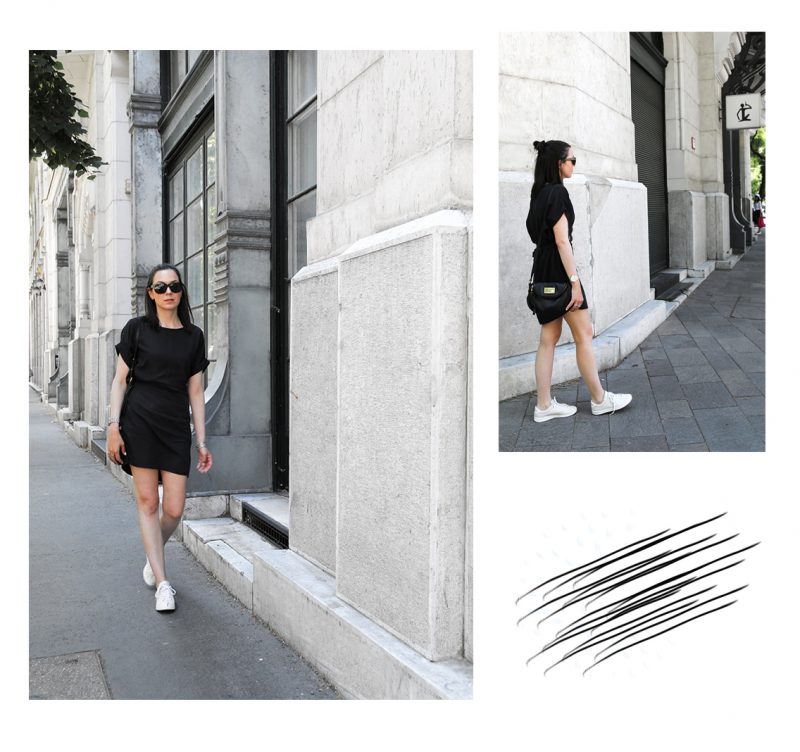
Analyze your shopping habits
First of all, you have to know what you’re dealing with. As a starting point, try to answer the following questions:
+ How often do you shop?
+ What do you like to buy the most? What do you have an excess of and still continue to buy? Clothes, beauty, books, journals?
+ How much do you spend – at once and monthly?
+ Are you more an impulse buyer or do you plan what you’re going to buy?
+ Do you always use/wear what you buy? Regularly?
+ Do you sometimes feel you don’t have enough money for things you really value?
+ Do you know how much you really spend in a month?
+ Do you sometimes end up regretting what you bought? If yes, why?
+ Are there specific reasons/triggers that make you want to go shopping? Is it a social event, a mood lifter, a reward?
Since this is a blogpost and not a Buzzfeed quiz, I’m not able to tell you the results of that little thought experiment. However, I’m almost certain that the answers will speak for themselves and you’ll see a clear analysis of your personal shopping habits. You can realize for example that you generally go shopping if you want to reward yourself or if you are anxious for a reason. Or you might find there are clear patterns of what you end up regretting. This is all incredibly useful because it takes you one step closer to actually regaining control over your shopping habits.
Redefine your relationship with things and shopping
To be honest, this is the most crucial part of the journey. We must find and create a healthy, balanced relationship to the stuff in our lives. Never equate happiness with what you own. Never let physical objects define your self-worth. Things are there to serve you and not vice versa.
Think back to your fondest memories. Are they related to physical stuff or experiences? I’m guessing the latter, and that in itself speaks volumes about the real values in our lives.
Try a shopping ban for a month or two
I would suggest starting with a month-long shopping ban, instead of going big and declaring 2017 “The Year of No Shopping”. I believe that gradual changes are often more effective and sustainable in the long run than drastic, abrupt actions. Take a look at your analysis and pick one or two areas where you’ll do a shopping ban. Unsubscribe from newsletters. Stay away from websites, hauls, and reviews. Try to ignore the sales signs. Shut out everything that would be a temptation.
1 month is easily doable, but still can bring about fundamental realizations about life without (unnecessary) shopping. Spoiler: It’s easier than you’d think.
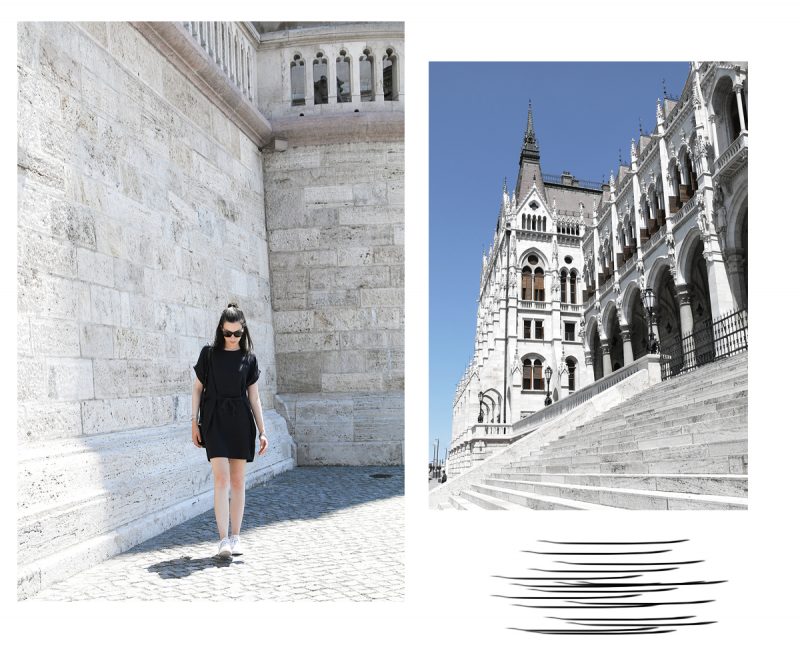
Budget, budget, budget
Another crucial thing to do as a lot of people do not even realize how much they actually spend. Start to write down everything you buy. And I mean everything. The first time I started to register my monthly spending was a truly revelatory experience – and not in a good way. As a general mathematical rule, the otherwise small expenses do add up to a lot. At the beginning, I was often blown away by the final number as I had no idea I actually spent that much. I’ve been tracking my spending for 2 years now, and now I can generally assess my current expenses even without looking at the exact numbers.
Try to categorize your monthly costs into essential and non-essential expenses. For me, the dividing line between those two is not the bare living minimums. Netflix, my gym card, or the occasional restaurant trips do fall into the essential categories in my case. The non-essentials are simply the luxury expenses. The stuff I know deep in my heart I do not really need or even bring me long-term happiness. Like that 5th cleanser or 3rd LBD. And this is exactly the area most of us need to curb.
Once you’ve tracked your usual expenses (both essentials and non-essentials) for some time, you’ll get a fairly accurate picture of how much you usually spend. Then make a monthly budget you’re comfortable with and stick to it.
Shop your stash and rediscover what you already have
Instead of constantly investing in newer and newer things, rediscover the gems you already have. Don’t buy another top, use your creativity and put together unique outfits out of your existing clothes. Do a pan project with your makeup. Read the books you bought a year ago and didn’t end up opening. Once, you spent your hard-earned money on those items. They brought you some (maybe fleeting) happiness. Go back to that and enjoy what you actually have, instead of always wanting something else.
Set goals
Working for an actual goal is always more effective than just doing something without a clear finish line or reward. Say you want to rein in your spending because you’ll be saving for a summer vacation in the city you always wanted to visit. Or you would like to buy a beautiful, customized jewelry instead of the cheap ones that end up yellow and stained after 2 months. Or attend the concert of your fave band. Or simply pay back some debts or student loans. You can pick whatever is really and truly valuable to you.
Get satisfaction from NOT buying something
You know what, it’s a very liberating feeling. I wouldn’t go as far as calling it heroic, but it does feel nice to resist temptation. Enjoy that and be proud of yourself.
At the end, everything will be decided in your mind. If you’re determined to rein in your spending, you will find the healthy balance between consumption and mindfulness.
Just remember, you’re not missing out or depriving yourself. By making conscious choices you’re essentially regaining control over your life. xx

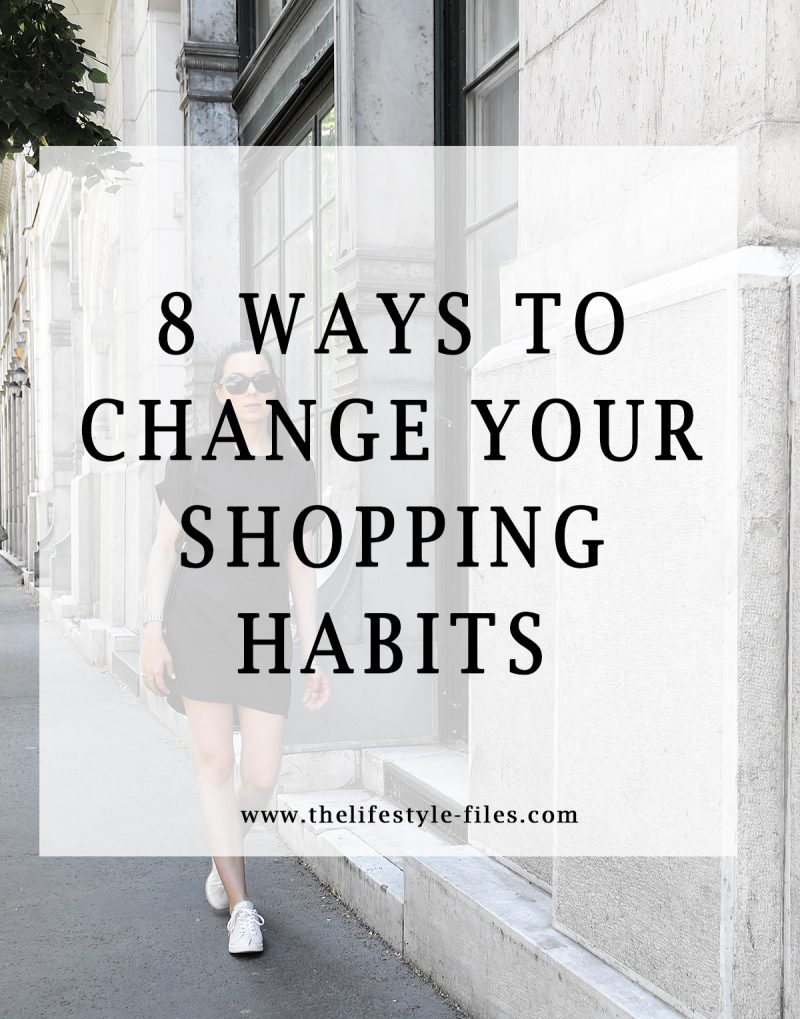
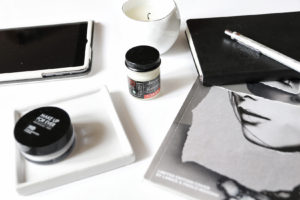
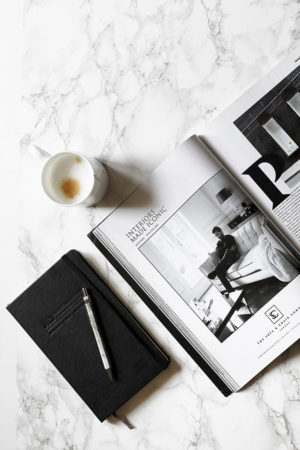
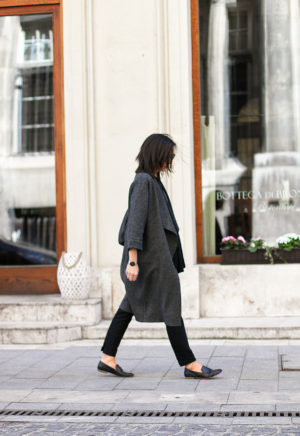
This is such a great post. When I was in uni, I’d always go shopping for a new outfit, new makeup etc. I was suck a sucker for advertisements on new products that I thought I needed (or really wanted). Since leaving uni and working in the real world, I’ve seriously cut down on all those material things I used to buy. I no longer need to buy new clothes as I have a work uniform and have enough in my closet to wear outside of work. I barely ever wear makeup now so I’ve been able to save heaps on that. And have just been using a cheap cleanser and coconut oil as a moisturiser for my face. I now can’t believe I used to spend so much on all that stuff!
Amanda x
Hi Amanda,
Thank you (and thanks for the RT!) Wow, it seems you’re doing great cutting back on shopping. I still have some weak areas, but I’m working on it. I think the most crucial point is what you said: realizing we have enough and don’t need anything more. For me, it’s such a strong positive feeling when I’m able to say that and resist the 24/7 temptation coming at us from social media/retail marketing.
And I’ve just checked out your website, tons of great tips, I love it😀
xx,Viktoria